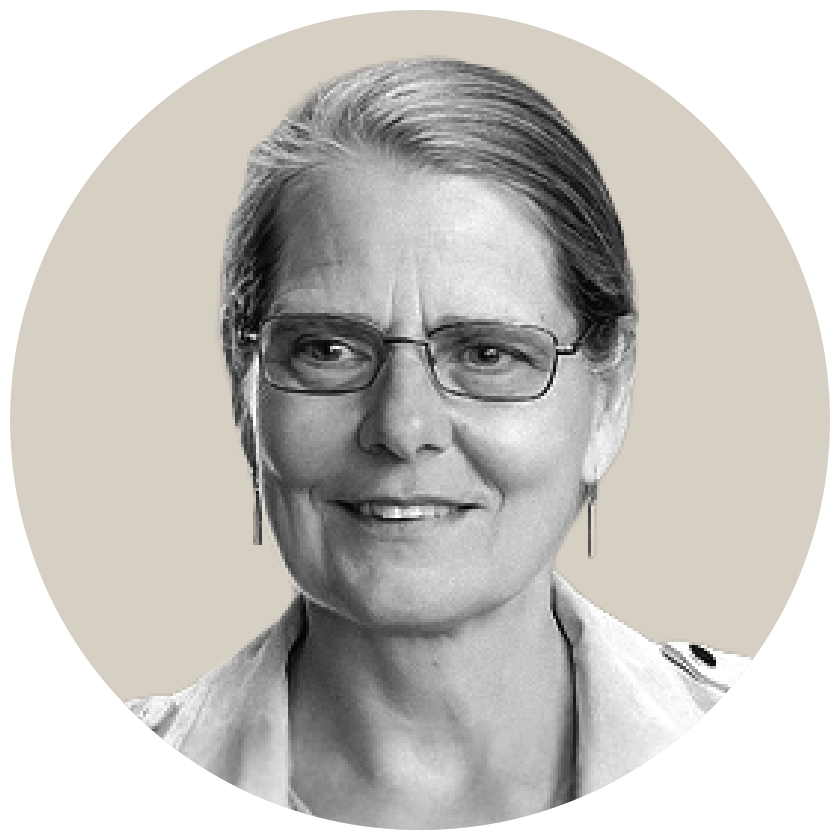
Marie Lindquist
Director, UMC

Photo: Sebastian Unrau, Unsplash
After months of wintry grey skies, the sun came. And the coronavirus. Suddenly, we find ourselves in the middle of a crisis, one of such proportions that it is already upending society and has the potential to reshape the world as we know it. People fall ill; many will die. Healthcare systems in even the richest countries are stretched beyond their limits.
How could this happen? We have known about the likelihood of a "disease X" coming, sooner or later, and yet we kept going as if nothing of this sort could happen. Not to us, not here, not now. But it has happened. And we have to deal with it. Here, now.
In time, there will be recovery. Like nature comes back into life in the spring or in the rainy season, we too will re-emerge. But when the worst is over, and we can start looking ahead, we have an important choice to make. We can try to go back to our old way of life as quickly as possible, or we can decide to start building a different kind of society where "sustainable" is not a slogan, but the way of thinking, working, living. A world where everyone, not just the rich, has the opportunity to lead a healthy, fulfilled life. A world where we all live up to the vision expressed in the UN sustainable development goals.
“When the worst is over, and we can start looking ahead, we have an important choice to make.”
As I wrote in a previous issue of Uppsala Reports, we will have to share existing resources in a more equitable way; and we will all have to make sure that we don’t take out more than we put back in. That goes for everything, from natural resources to financial systems to human interactions. The "pyramid game" where the few profit from the many is not an acceptable strategy. Rich people in all countries have to contribute more to the common good. Basic infrastructure and public services have to be resourced and managed properly, and we have to save for bad times to come. Because they will come. Again.
Those of us, like me, who have been fortunate enough to live privileged lives in countries like Sweden, will have to redefine what "a good life" means. Many will, justifiably, be very concerned about the enormous financial consequences of the COVID-19 pandemic. Fortunes will be lost and sacrifices will have to be made. But all is not gloom. We all know, deep down, that money does not buy happiness. Instead of mourning the loss of the gas-guzzling, jet-setting, consumerist lifestyle so many of us have led, let’s instead find joy in simple pleasures that don’t waste a lot of energy or pollute our environment. My favourite things include walks in the forest, playing and listening to music, philosophical conversations, helping others with practical things, reading, writing, good home-cooked meals. I also like beautiful clothes, but since I like rummaging around vintage shops, I could relatively easily stop indulging in buying new outfits. What I could not live without is the beauty of nature and loving relationships with people. Caring for nature and people gives my life meaning.
One of the awful things with a pandemic is that people are separated from each other, at a time when we most need the comfort and support of fellow human beings. It is a particularly horrible situation for people who are approaching the end of their lives. Many will die, some in hospital, some alone, without a loved one holding their hand. Others will live but feel very isolated and lonely.
Make sure you keep contact with those who need you. If you love someone, let them know. If you can’t be with them, ring them. Do it today!
PS: I can’t think of a way to properly express my immense gratitude to all healthcare workers out there who risk their lives helping people, not only today, but every day. A heartfelt thank you will have to do for now.
Over 500 attendees from 80+ countries met in Cairo at ISoP 2025, reflecting on pharmacovigilance progress and shaping strategies for its future.
10 December 2025
Medical devices are everywhere, but monitoring their safety is complex. Omar Aimer discusses the unique challenges of device pharmacovigilance and what needs to change.
29 January 2026
Patient engagement was a hot topic at the fireside chat held during this year’s ISoP mid-year symposium.
24 June 2025